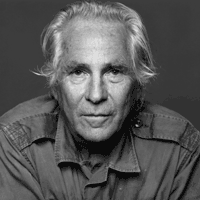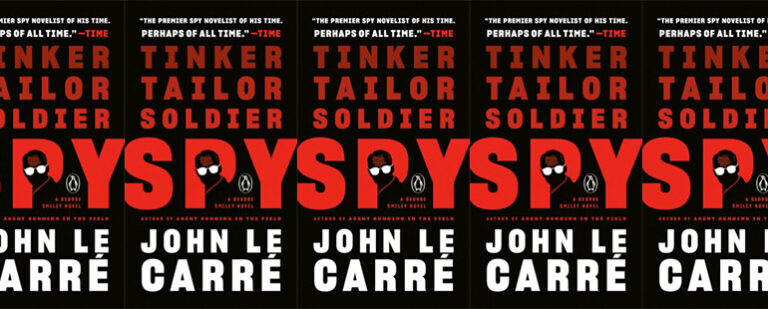Gatekeepers (Part One), in which I play my flute in a meadow and lament The Death of the Editor

Editors aren’t what they used to be. I admit that I don’t have much authority to say so: I’m young(ish), my editorial “career” spans a whopping four years, and I didn’t grow up with a quill-pen in the days before simultaneous submissions, hand-delivering my poems in the snow, up-hill both ways.
Still, it seems obvious that being an editor today is nothing like being one a century ago, and shifts in the editorial landscape have been given too little attention, compared to shifts in the larger literary landscape. So how has editing changed, apart from the technological advances we can’t ignore? And what do those changes mean for future writers and editors?
The OED defines “editor” like this: one who prepares the literary work of another person, or number of persons for publication, by selecting, revising, and arranging the material. Selecting and arranging: those remain an editor’s tasks. But revising? Not so much, I don’t think, at least not when it comes to most literary journals, and especially not when it comes to poetry. If writers are the music makers, then editors are increasingly the radio DJs: some on top-forty stations, and some on college radio, but DJs nonetheless. Why is that? When did editors become gatekeepers rather than revisers, Casey Kasems instead of Timbalands?
Because like many poets and editors I’m bespectacled and pale and therefore afraid of sunlight, I spent a good chunk of my Spring Break reading the letters of Marianne Moore, especially from 1926 to 1929, when she was editor of The Dial. Moore revised the poems of many contributors (Elizabeth Bishop and Archibald MacLeish, for example) who are now canonized at least as often as Moore herself. Hart Crane, regarding a poem submitted to Moore, once wrote that she “insisted on changing it around and cutting it up until you would not recognize it.” Crane wasn’t thrilled, but he still published it in The Dial.
Can we imagine this happening with such consistency today? Most twenty-first century poets would bristle at such revisions—myself included, though I’ve been on the editorial side of this issue more often than the writer’s. But writers’ negative reactions discourage editors from offering advice, from doing the very thing that defines their job, if the OED can still be trusted. Getting upset with an editor for suggesting revisions is like getting mad at your hair stylist when she says you have split ends, or that you’d look better with bangs.
How did we get so over-confident, as writers? Is it because we feel that the work has already been vetted, in workshops, etc.? Is it because there are so many magazines out there—so many more venues for poetry than there were in the ’20s or even the ’70s that we feel we don’t need to compromise—that there are always more birds in the bushes? I don’t know the answers here, so I’ll just close with two examples of editorial revision gone right.
First, fiction: Raymond Carver. As most already know, what we talk about when we talk about Carver is not him so much as his editor, Gordon Lish: the dryness, the minimalism, everything we call “Carveresque” was arguably Lish’s doing, not Carver’s. If that’s news to you, then read this.
On the poetry side, skeptics only need to remember that T. S. Eliot’s The Waste Land—maybe the most important poem of Modernism—was twice its final length and titled He Do the Police in Different Voices before Ezra Pound took his axe to it, hacking it apart before agreeing to get it published. Anyone who has read Eliot’s original draft would not be able to say it’s better than the final version, at least not with a straight face.
What were the results of these revisions? For the writers, fame that most of us will never know. For the editors, if not fame then at least intense admiration from the writers they helped. It would be a shame, on both sides, if the days of writer/editor relationships like these were over.


